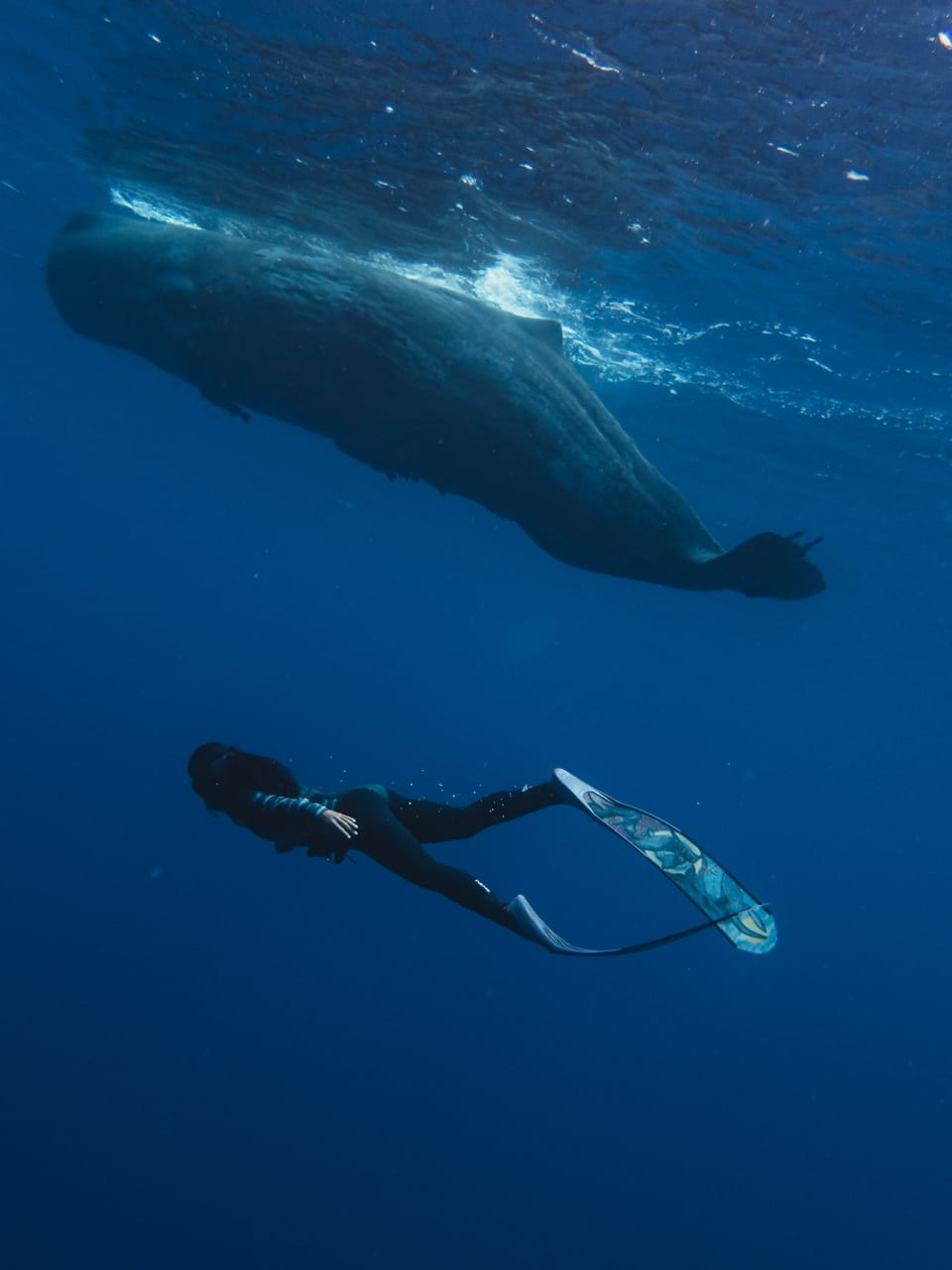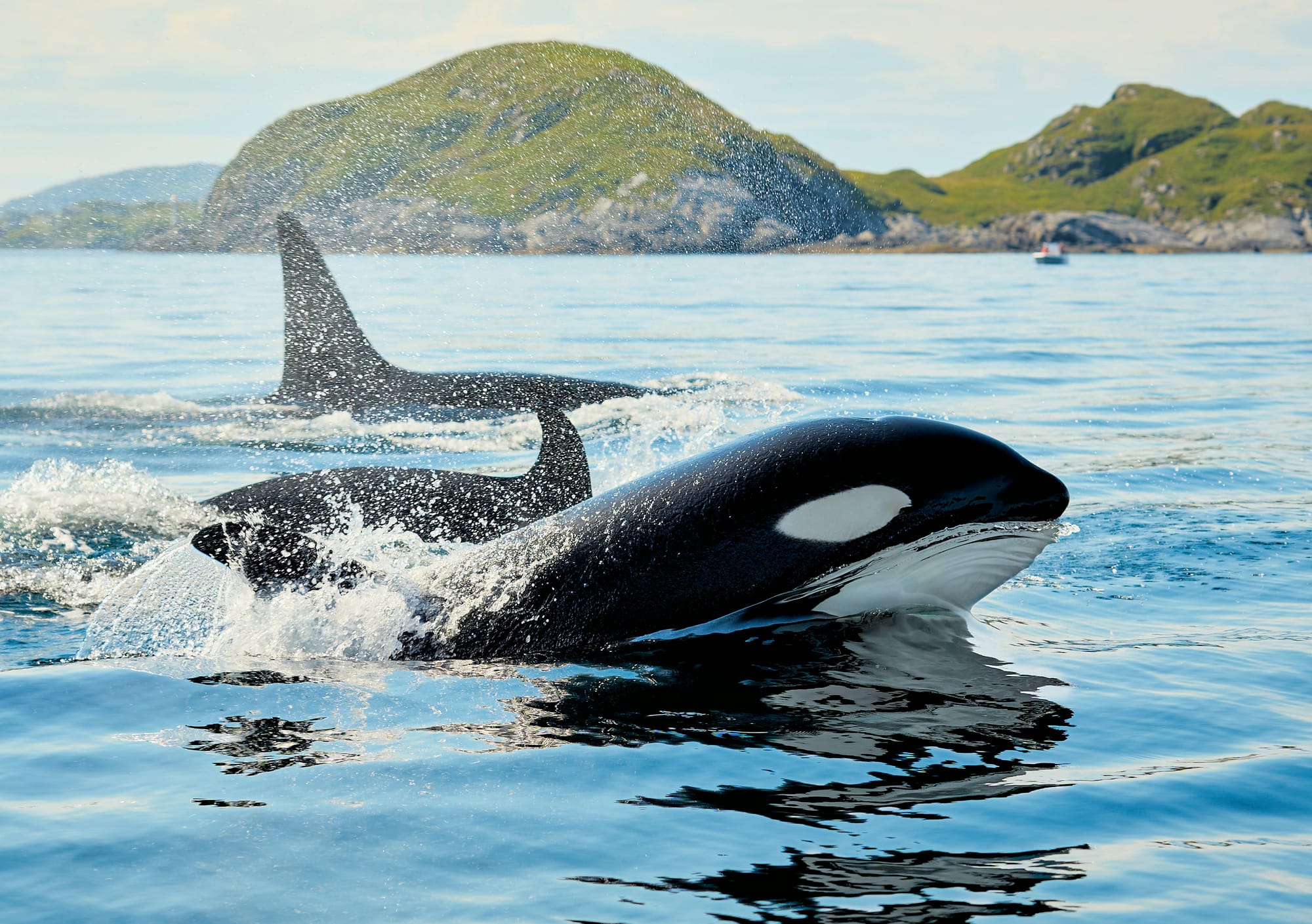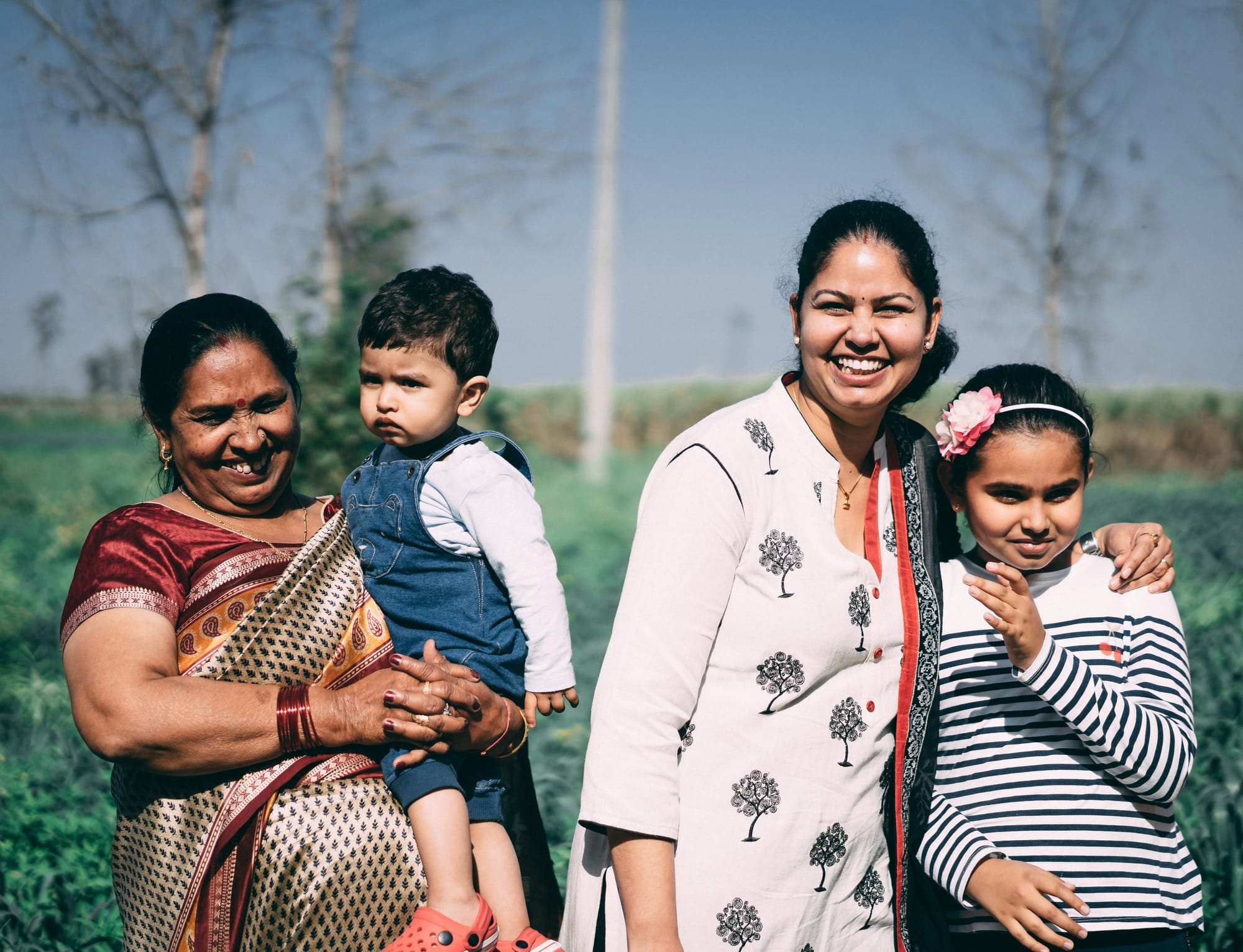Why do we pause?

Next week we’ll move on to a series of posts about osteoporosis, but I thought it would be helpful to pause for a moment and consider why we have a menopause.
The big question for scientists and armchair philosophers has been: Does it confer an evolutionary advantage to outlive one’s reproductive capacity? If so, what could it possibly be?
The scientist in me finds this question interesting. As a human being I find it excessively irritating. It seems we are constantly doubting a woman’s right to exist if she is not currently reproducing or capable of doing so at a moment’s notice.
The same question doesn’t appear to apply to men, who are supposedly able to reproduce as long as they live—a scientifically unverified, though anecdotally compelling conclusion. Other questions, however, might apply. For example, we have assumed that there is an evolutionary advantage in a man having as many children as he can with as many women as he can. But is that true or is it an artefact of male bias in scientific and historical inquiry? Wouldn’t it confer more of an evolutionary advantage if males oriented toward a commitment to one family to protect and teach the children of that family and give them a greater chance of making it to adulthood and passing on their skills and knowledge to future generations?
Just a thought, and a bit of a digression to drive home the point that even the questions we ask—as important and interesting as they may be to explore—arise from our personal biases and cultural paradigms,
so keep questioning the questions.

Currently there are three popular theories about why women typically live about one-third of their lives in a post-reproductive state:
The Evolution Theory simply points out that because of medical and public health advances societies have evolved so that women have longer life spans. Therefore, the majority of women will necessarily live past their reproductive years. This theory does not allow for the fact that there have been women in various cultural groups at certain points in history who likely reached post-menopause and advanced age without the aid of modern technologies. While we do not know for sure how old people generally lived to be in pre-literate, Indigenous societies around the world, the evidence we do have suggests that there were a fair number of people who lived into elderhood. These tribal groups are how we have spent the majority of our species’ life on Earth.
So the Evolution Theory is, in my opinion, the low-hanging fruit of thought about why we have a menopause.

The Leadership Theory is based on observation of humans and certain species of whales. In the mammalian world many animals die shortly after reaching the end of their reproductive years. Although some studies suggest that postreproductive life is a common trait in mammals, Ellis et al (2018) found that “far from being a common life history strategy, current evidence suggests that postreproductive stages are limited to humans and a few species of toothed whale.”
Apparently, in both human groups and whale pods, the elder females of the group confer a survival benefit to their children and grandchildren, i.e., they help to raise the group’s offspring and protect the pod generally. Additionally, the elder females in both species have tended to be the ones who knew where the resources were and what the group had done in the past to survive.
It is hypothesized that menopause evolved to bring an end to reproductive capacity well before end of life for a few reasons:
· If a group’s entire population of females are reproducing at the same time, this would set up a competition for genetic and material resources.
· This competition puts the group at increased risk of internal strife, which exposes members of the group to attacks from within and without.
· Pregnant females are uniquely physically vulnerable and are less able to mount an attack or defense in times of conflict. If the majority of a group’s females are gravid, the group itself will be more unprotected and likely to lose members if outsiders strike.
· The greater number of offspring arising from all female members of a group procreating at the same time may not be able to be supported by the energies of group members, or the resources available to the group, thereby putting everyone at risk
With the evolution of menopause, older women were freed from reproduction and could channel their still vital energy into providing for the future of the group.

The final theory is the Social or Grandmother Theory and is quite similar to the Leadership Theory. Essentially, it surmises that women have a menopause so that they are freed from reproduction while still strong and energetic enough to help younger women with raising children who may or may not be related by blood to the grandmother in question.
These are the primary contemporary theories we have so far about why we have evolved to experience a menopause. What do you think?
Reference
Ellis, S., Franks, D.W., Nattrass, S., Cant, M.A., Bradley, D.L., Giles, D., Balcomb, K.C., Croft, D.P. (2018, January 31). Postreproductive lifespans are rare in mammals. Ecology and Evolution, 8(5), 2482-2494. doi: 10.1002/ece3.3856